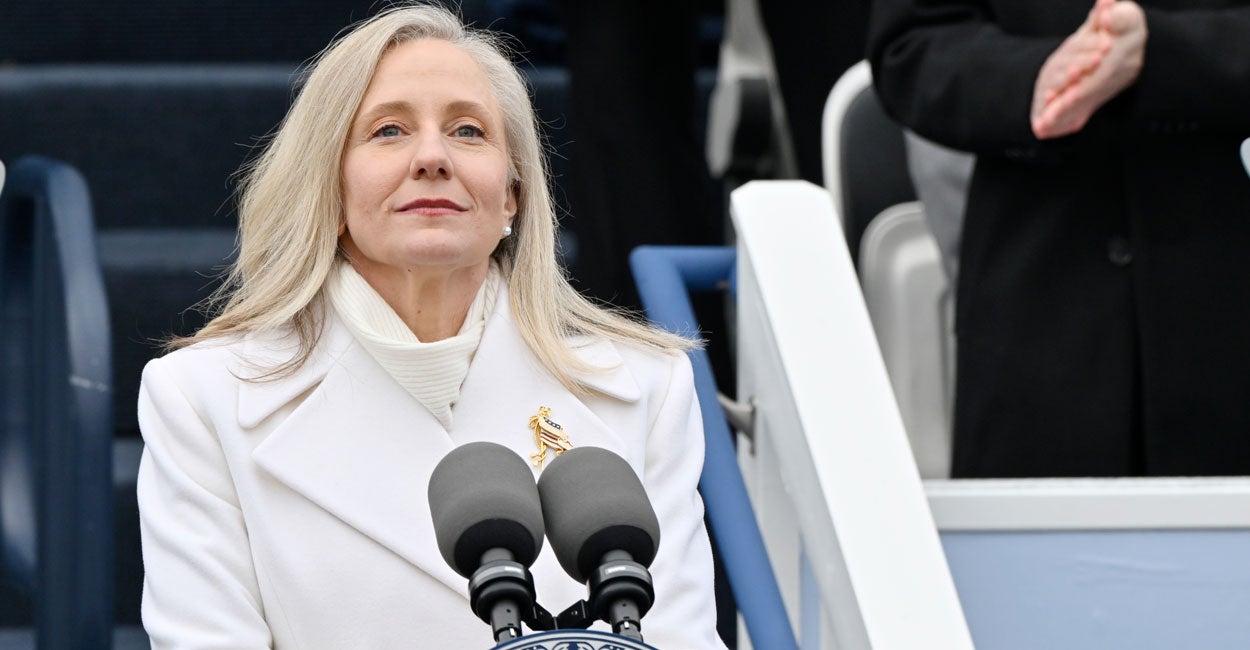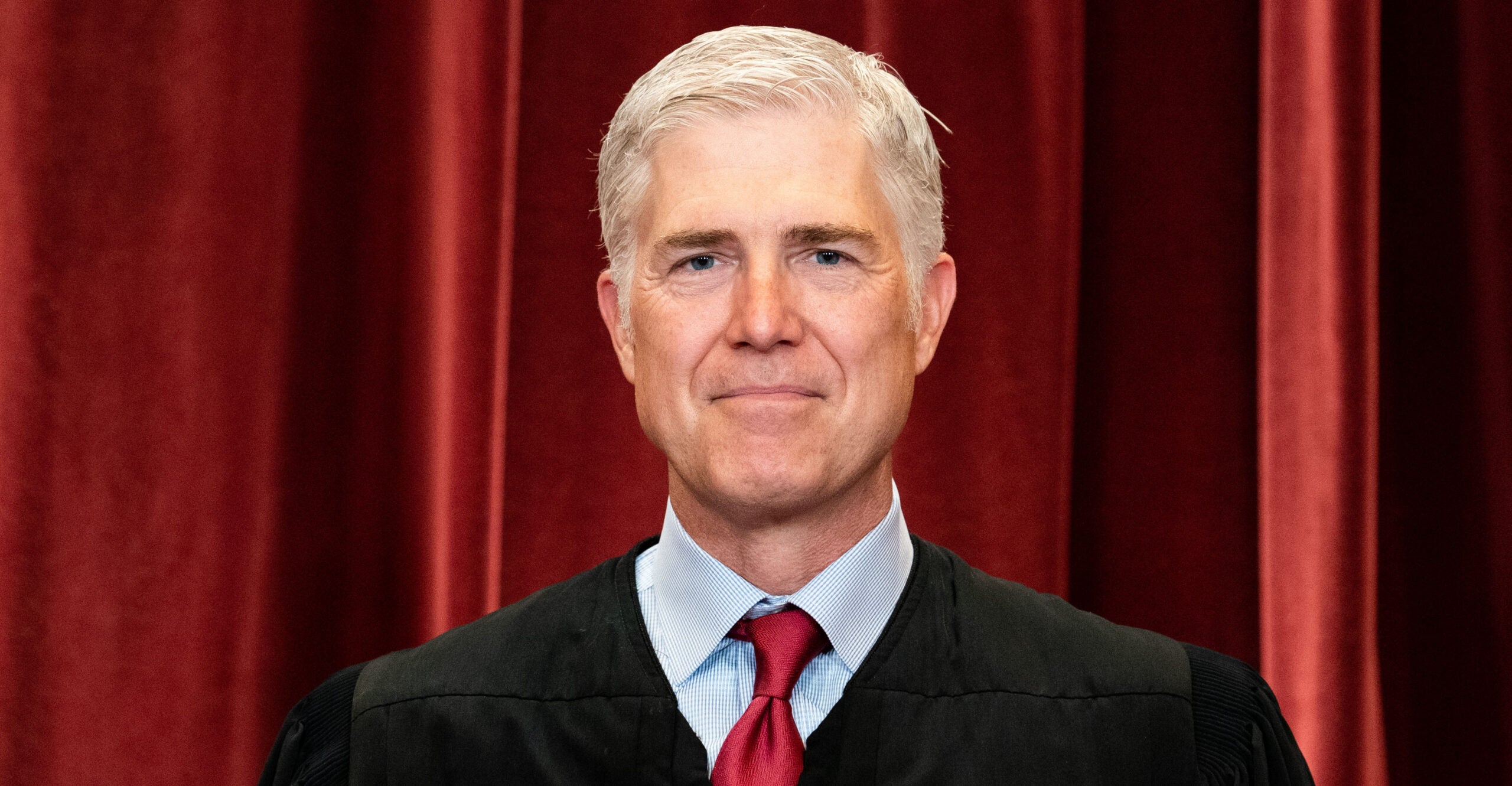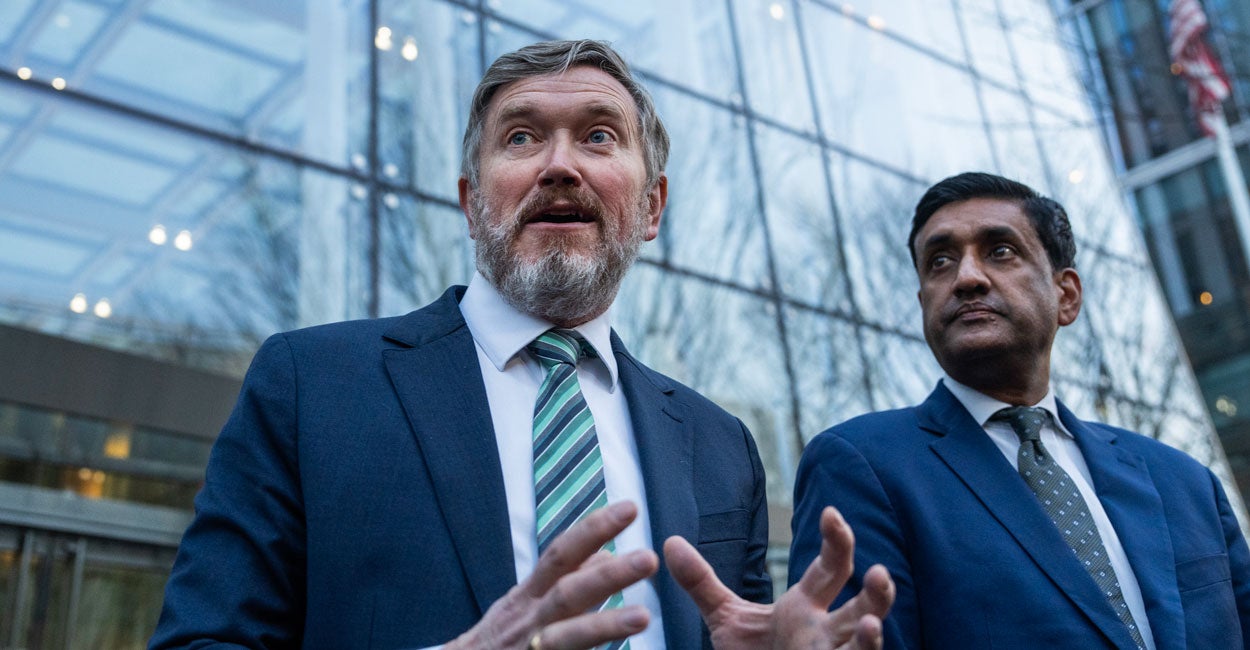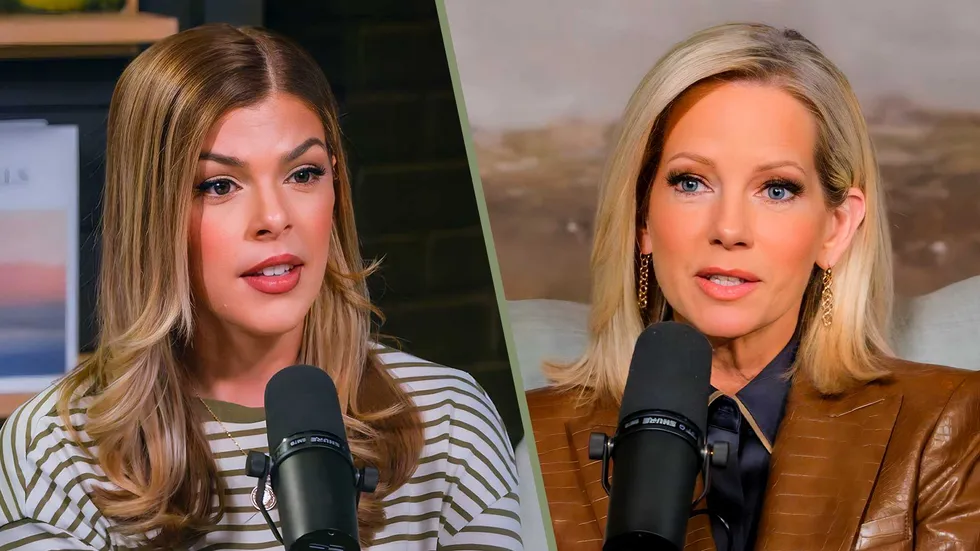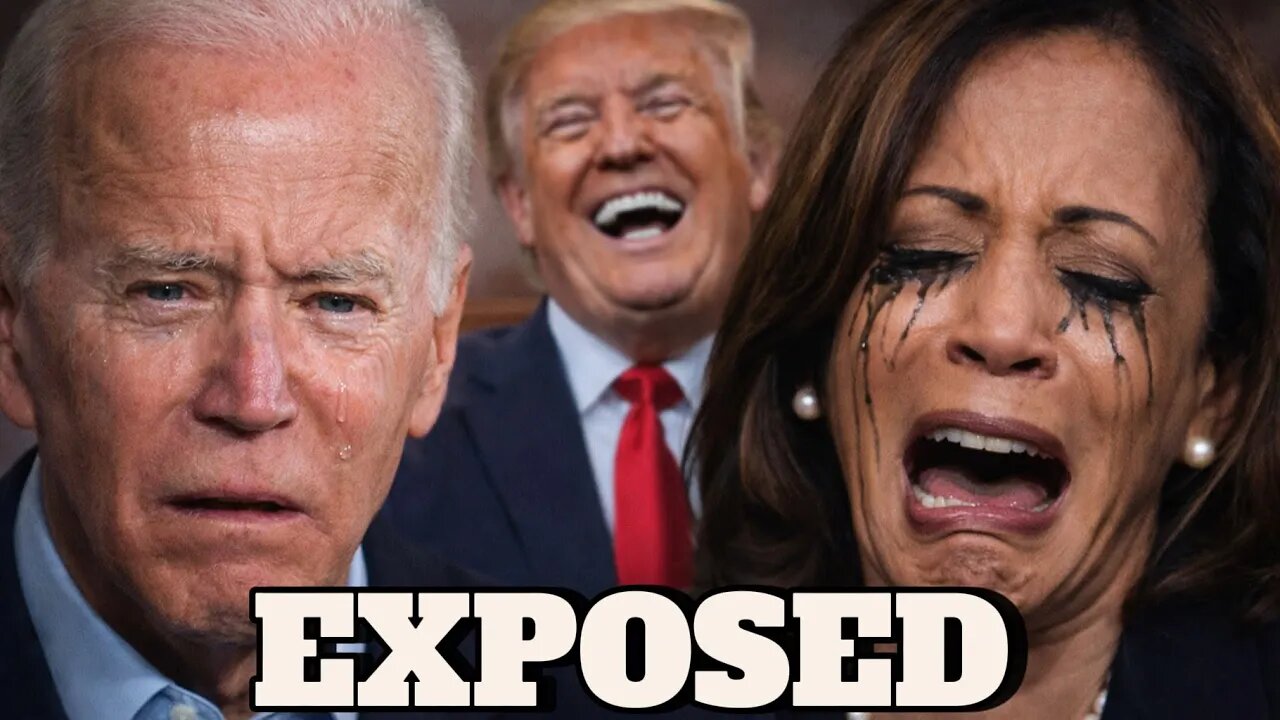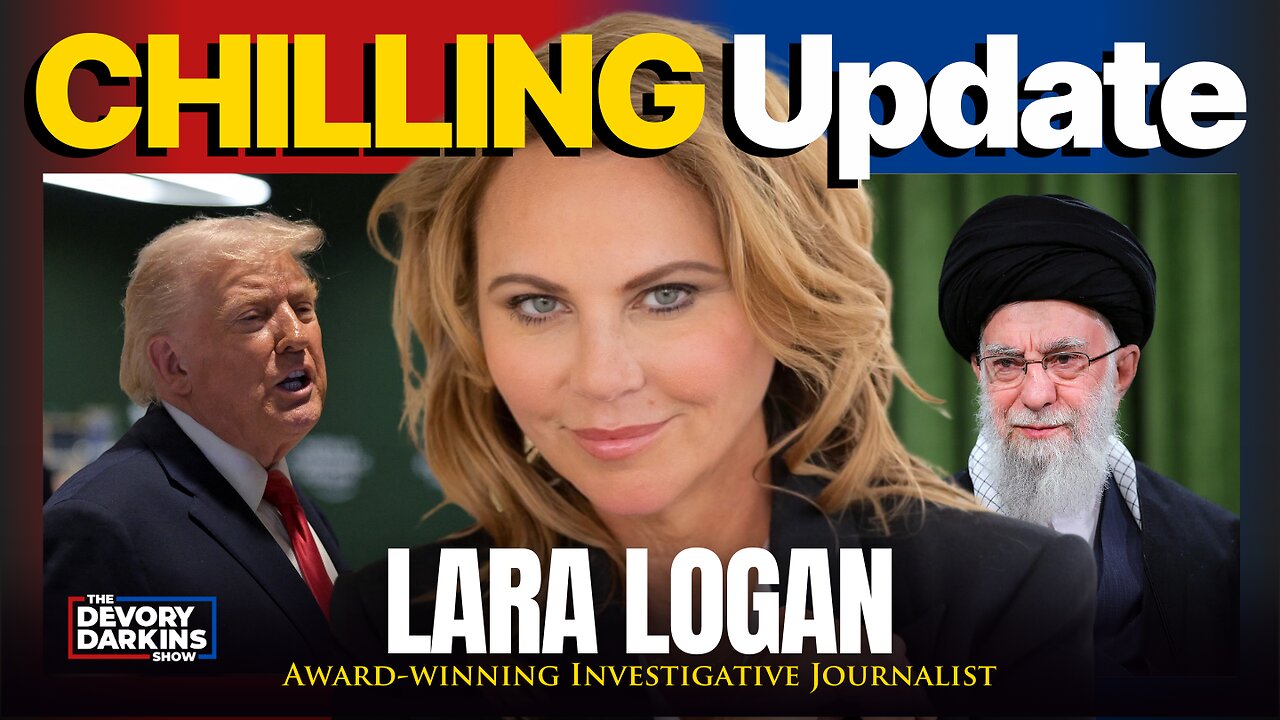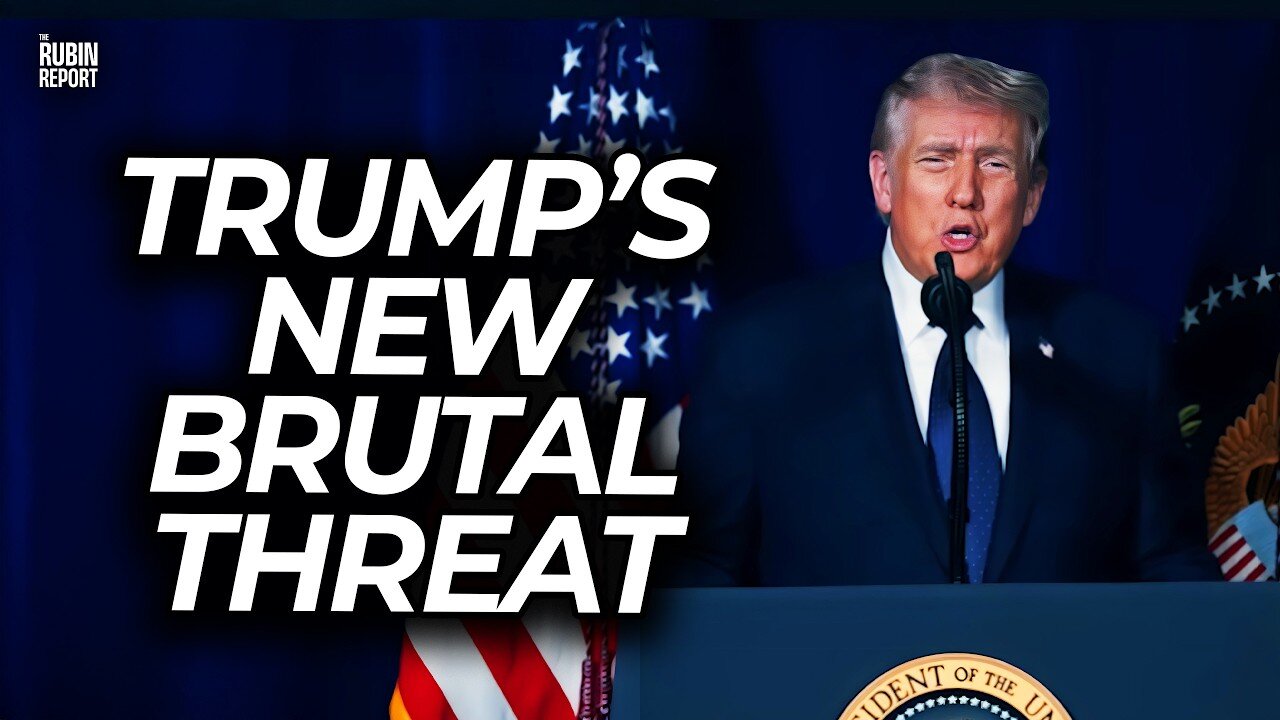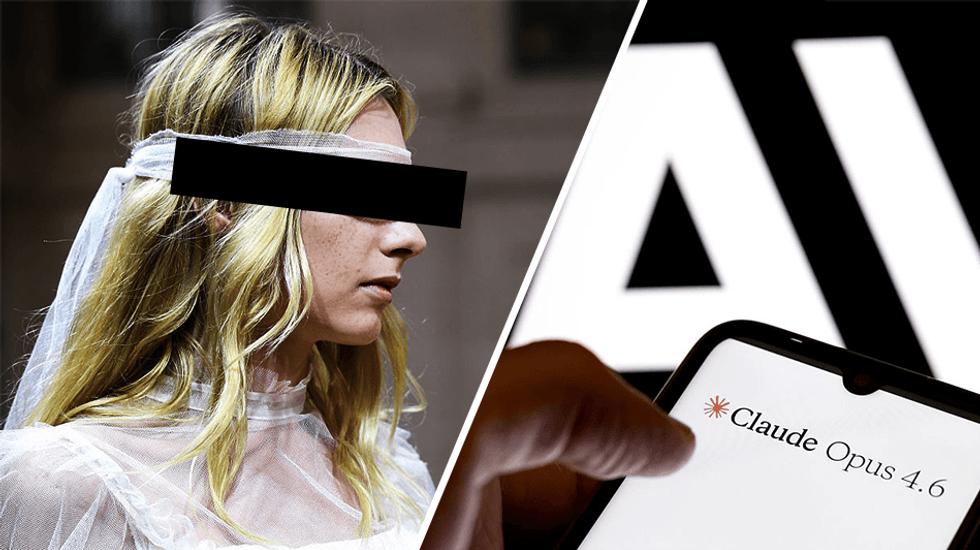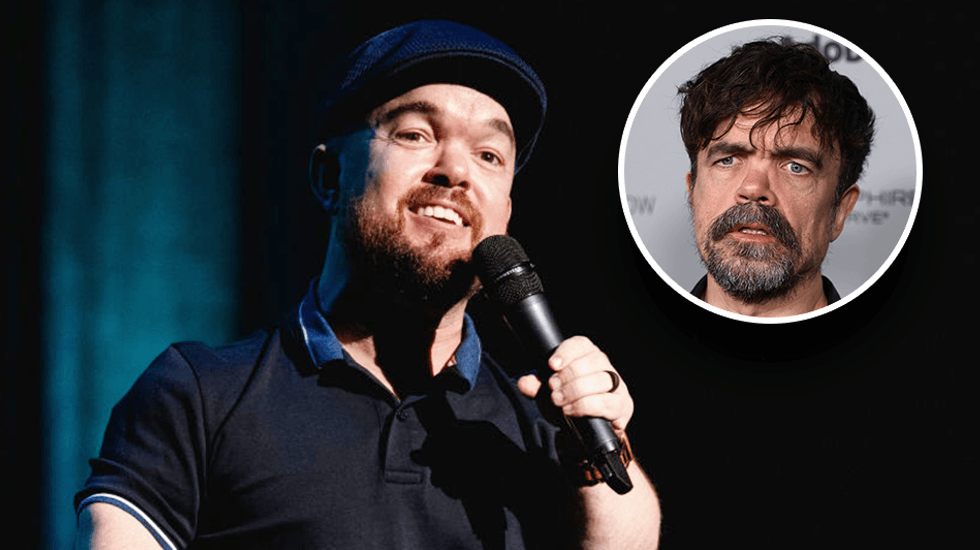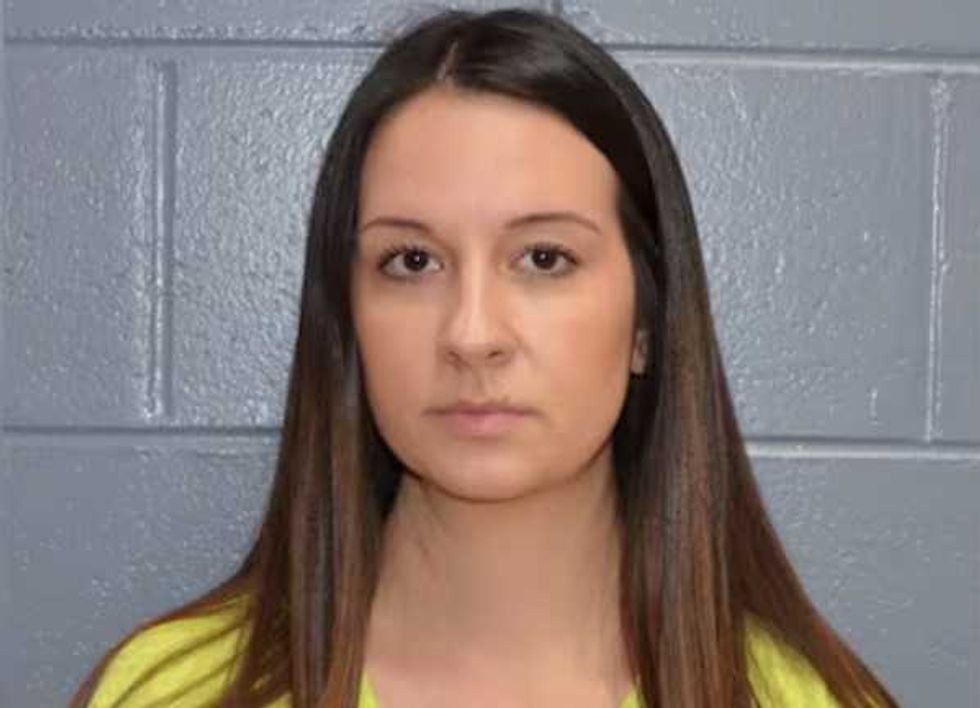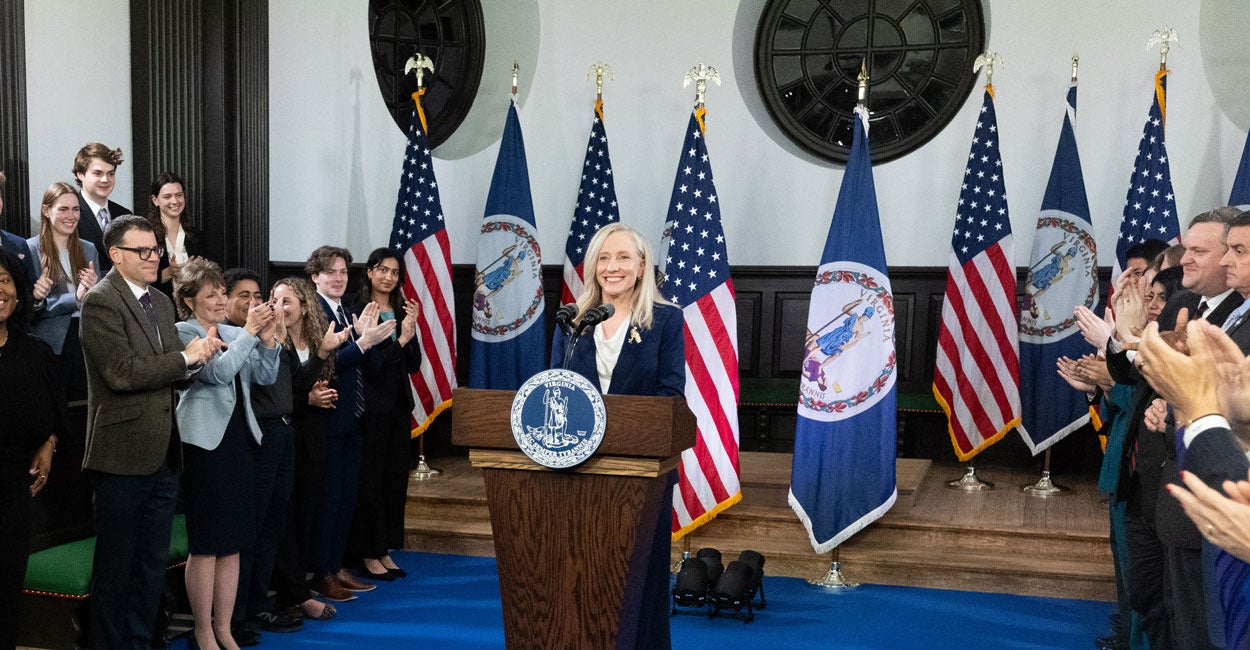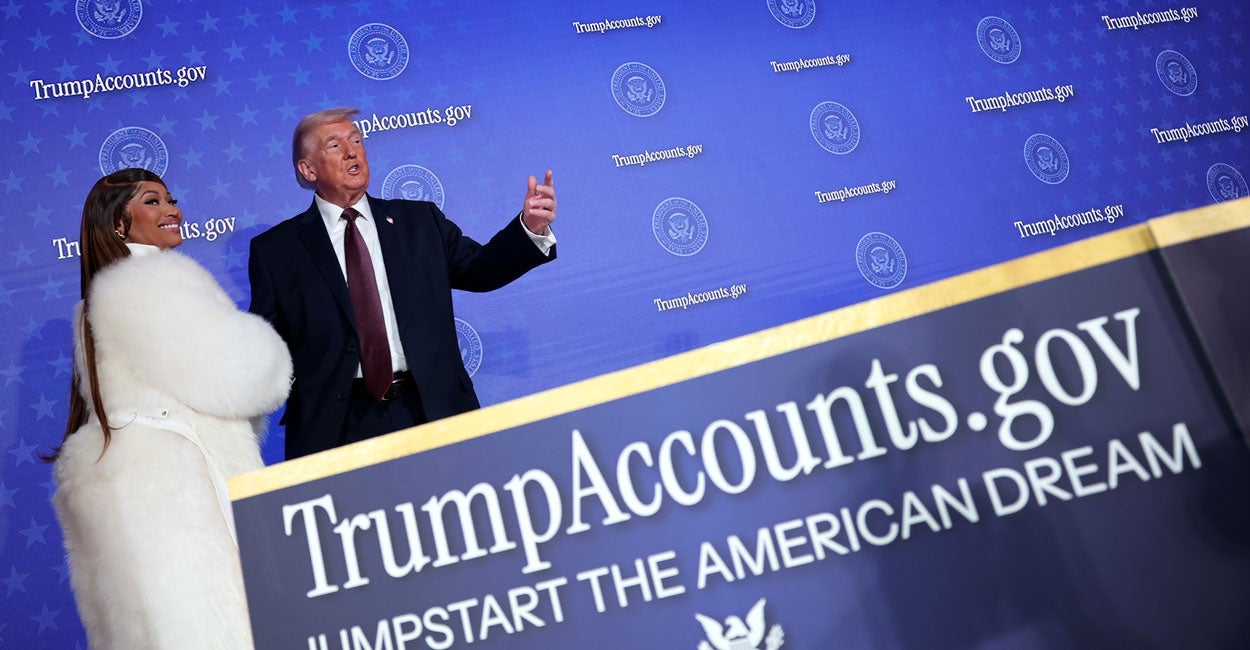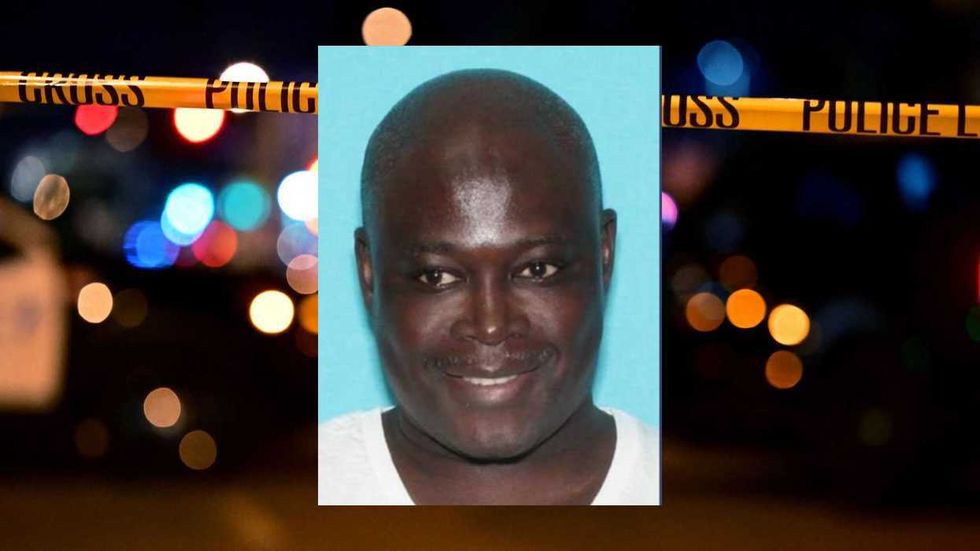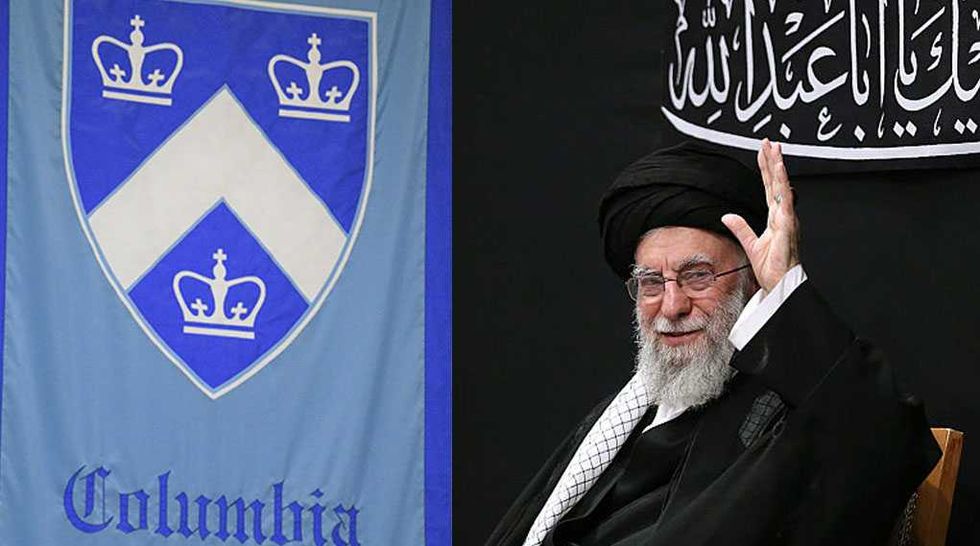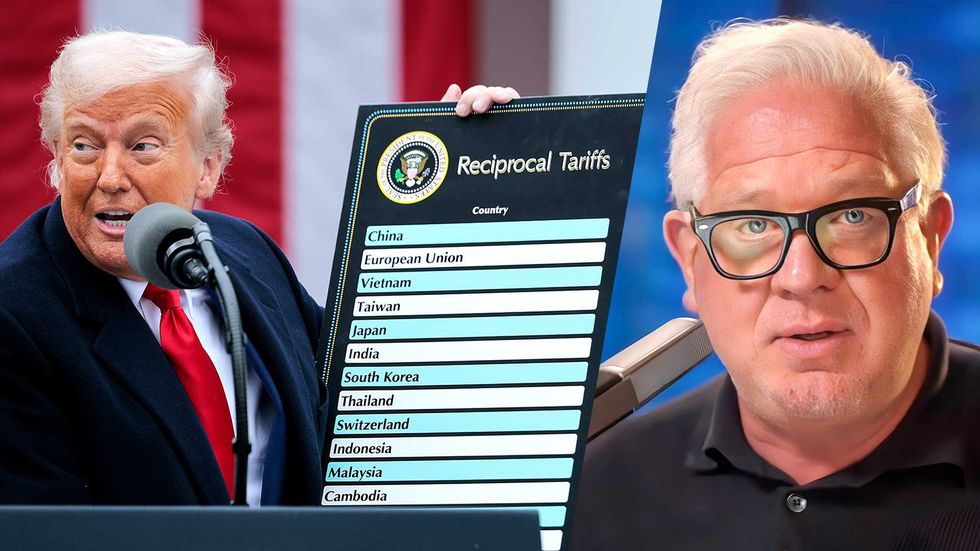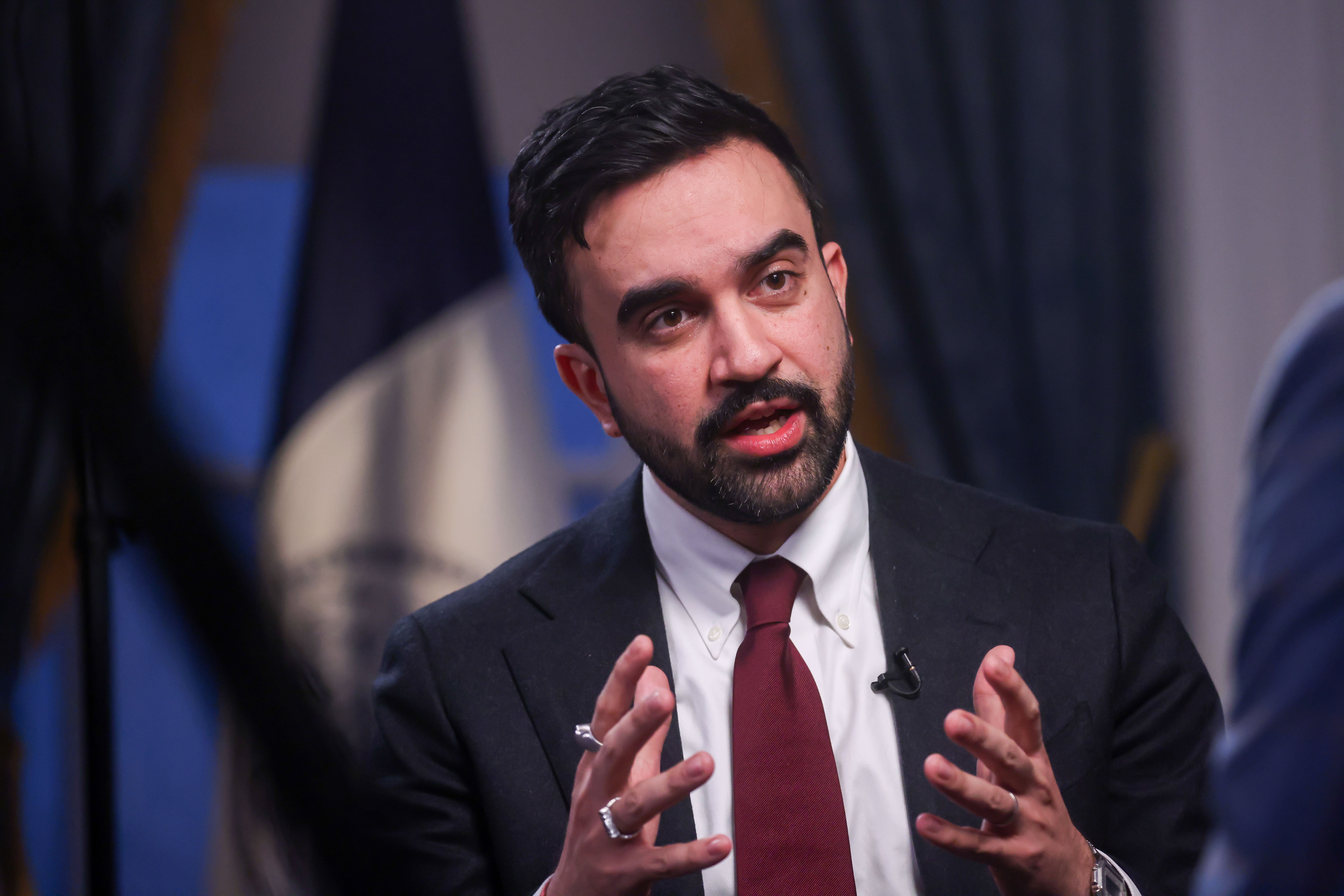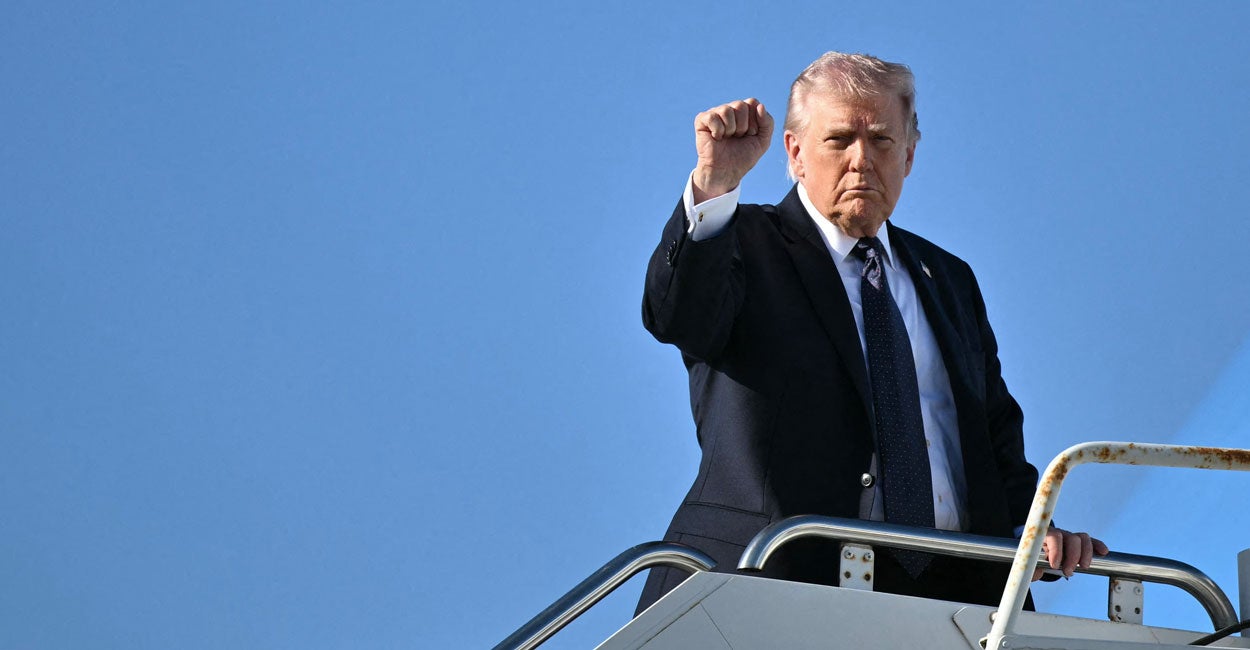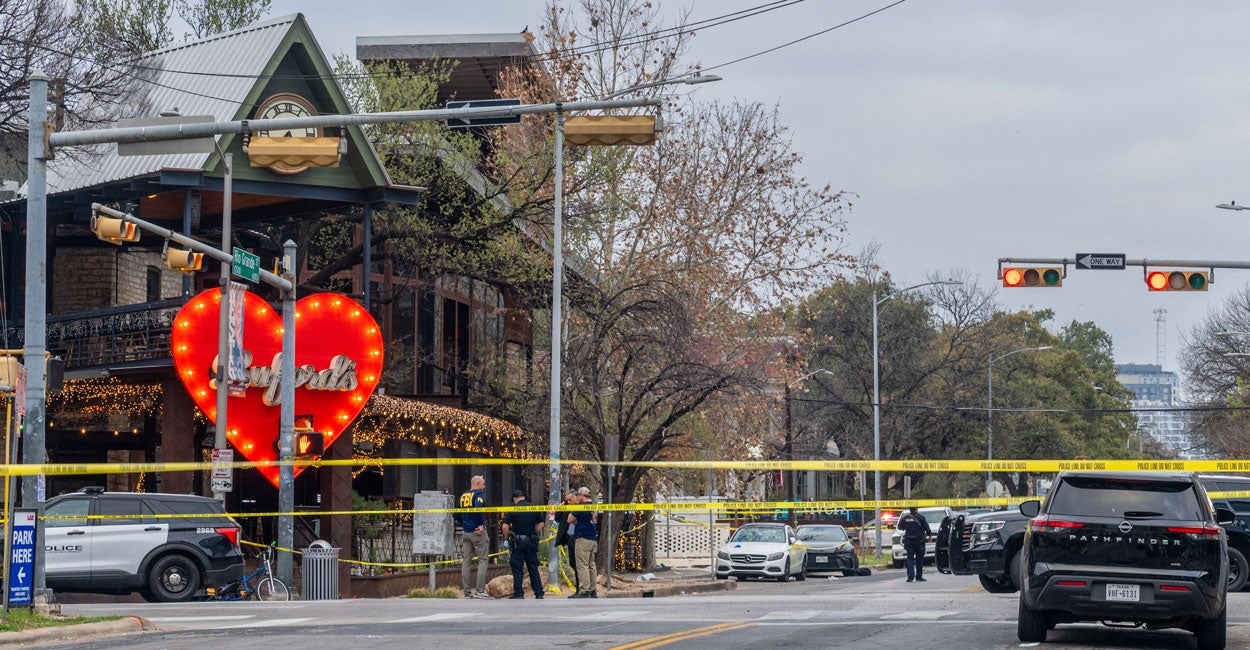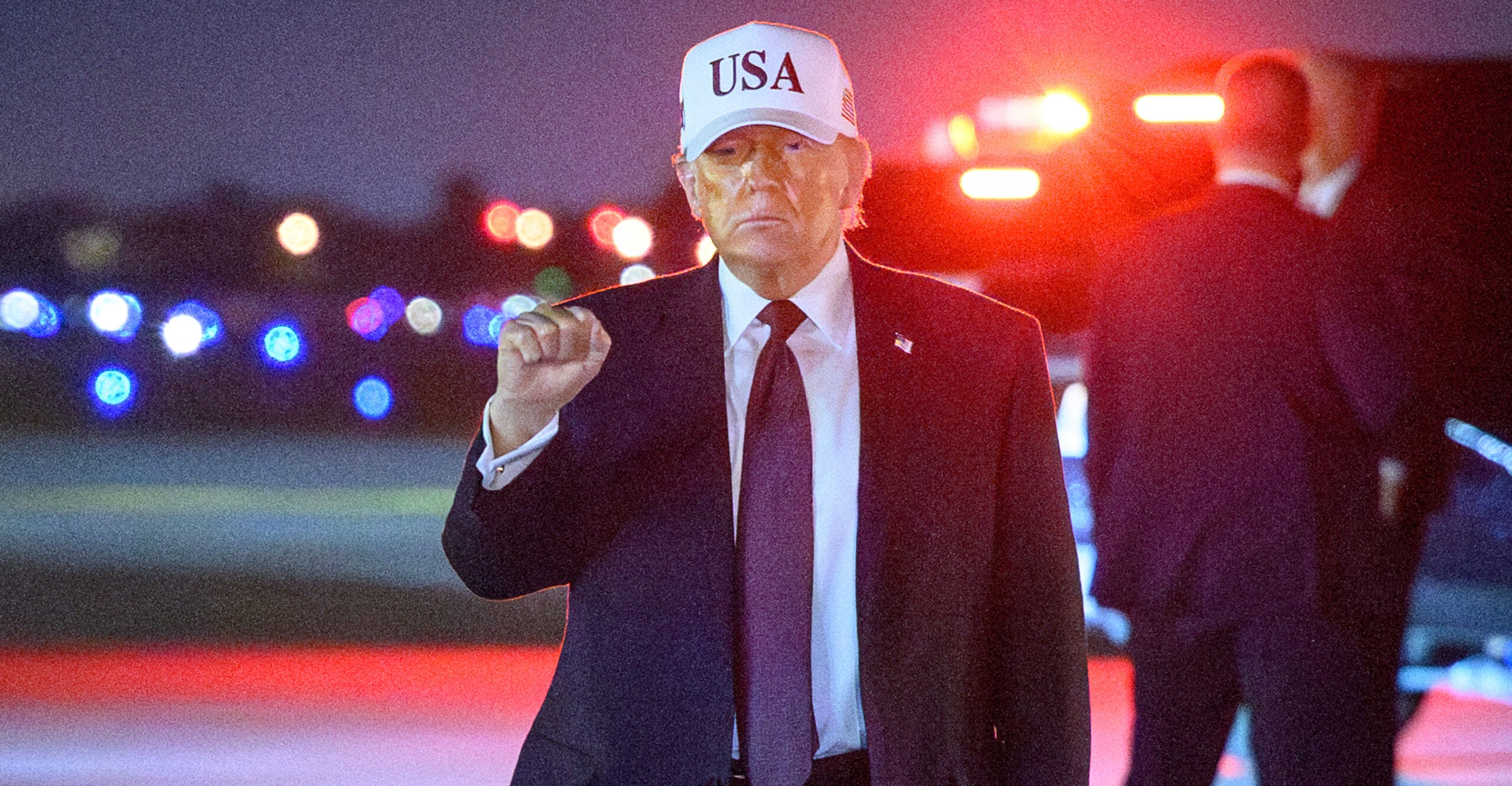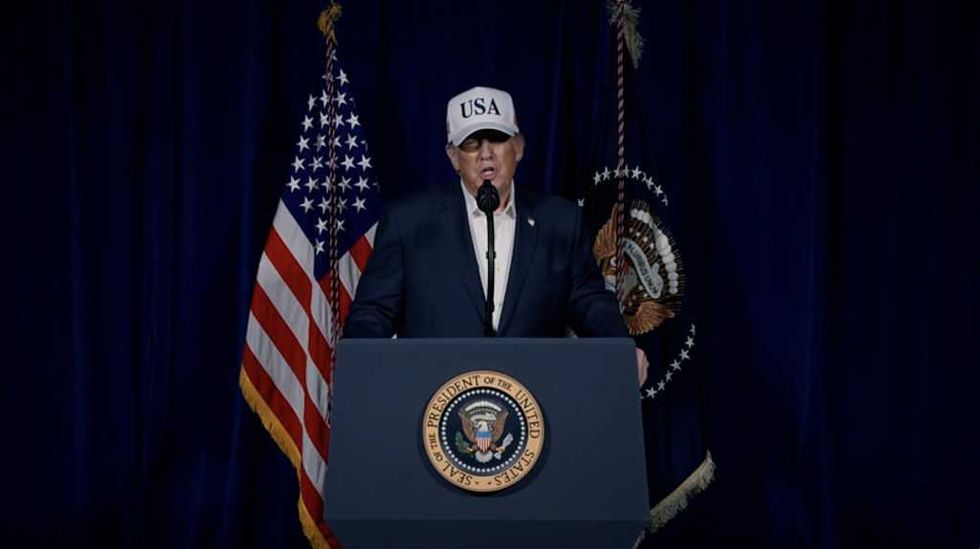Heritage President: ‘We Can’t Compromise With the Left’
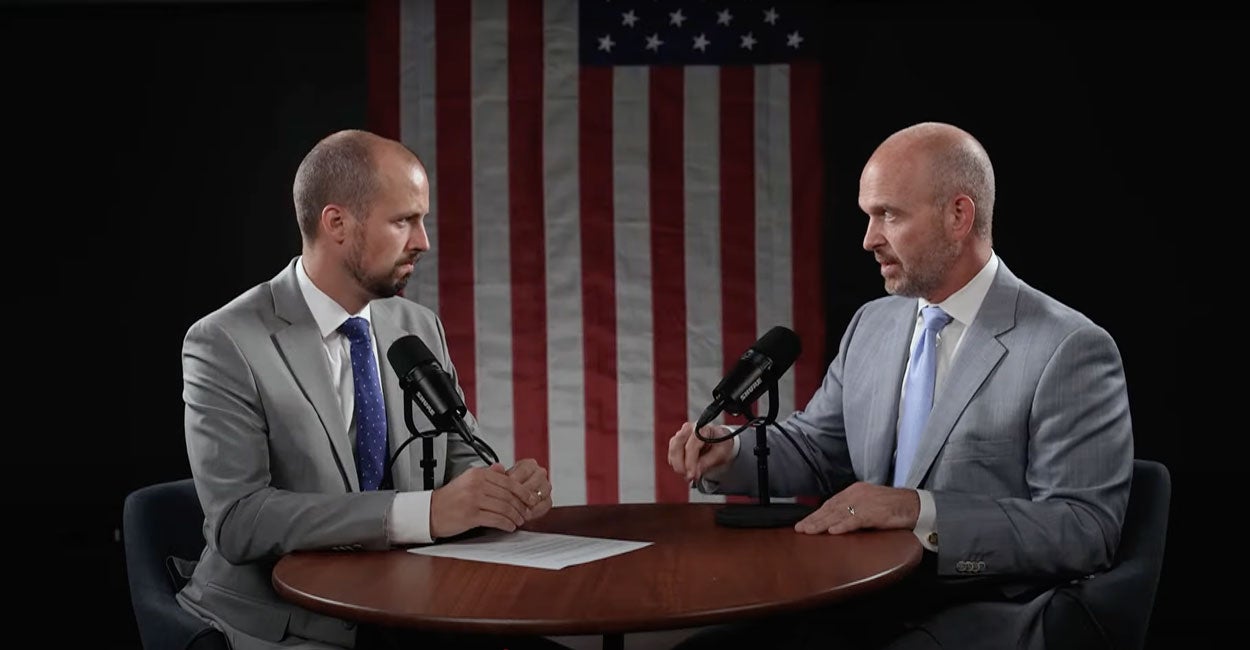
Charlie Kirk’s assassination shocked the world last week. Americans are grieving his loss and how to overcome the sorrow and anger from the tragic killing.
Live Your Best Retirement
Fun • Funds • Fitness • Freedom
Heritage President Kevin Roberts, a personal friend of Kirk, spoke with me on the “Heritage Explains” podcast about Kirk’s impact on our nation. We discussed his Christian faith, role in politics, and his lasting legacy.
This is a lightly edited transcript of our interview.
Mark Guiney: Welcome back to Heritage Explains. Usually we do an introduction at the top of our show. Unfortunately, that will not be necessary for this one because we’re discussing the tragic murder of Charlie Kirk. This event has permeated our culture to such a degree that no introduction is necessary.
And so, I’ll turn to Dr. Kevin Roberts, president of The Heritage Foundation, and ask you to start us off with a question, Who was Charlie Kirk to you?
Dr. Kevin Roberts: Charlie was a friend. I met him several years ago in Austin when I was leading the Texas Public Policy Foundation. He was obviously at Turning Point USA and we met really as his crest was beginning to accelerate.
He called me out of the blue. We had a mutual friend, a donor friend. And he had this idea on election integrity that at the time, and this is before 2020, the group I was leading wasn’t working on it, at least extensively.
It wasn’t the first time that I heard about this, but it was the first time that I saw someone with such a plan. And what I remember about Charlie was his exuberance, his charisma, his ability to bring together, then at a very young age, a lot of the biggest donors in Texas around this issue. And just his irrepressible optimism.
And we ended up not working on that at that time with Turning Point, at least directly, but from that, found another project to work on that I can now say, unfortunately, because of another friend who’s now departed, Foster Friess, supported financially.… That project was about expanding the base, expanding the governing coalition.
The thing that I loved most about Charlie was that when you call him a friend, he was a friend. In times that you needed encouragement, there was a phone call, there was a text. In times when Heritage was looking to collaborate, which we have done some with Turning Point, especially between Heritage Action and Turning Point, he was there. And so, while the country will miss him as a tremendous patriot, I will miss him as a friend.
The last thing that I would say to describe Charlie is that he was a future president to the United States. And all of us who are leaders, to some extent or another, in conservatism knew that, at some point, Charlie was going to be called by God to run for president. And we also knew that we were all going to be on this team.
And after the initial shock of the assassination, the sorrow that we felt for Erika and their kids and their family and friends, the reality of Charlie not being in the American public square hit me over the weekend, and it’s hard to get past that.
Guiney: I think so many of us, I’ve had the same conversation over and over again, which is I didn’t know Charlie Kirk, but I did not expect to be so affected personally by this event. Because I had the same experience. I’m riding home on the train, and I’m crying. So many other people had a similar reaction. Why do you think that was?
Roberts: Because his work transcended politics at a time when people have replaced religion with politics. Which is an interesting thing to say about Charlie because one of his professional legacies will be his ability to convert youth activism for education reform of college campuses into political activism to voting for Donald Trump, which a lot of them would never think that they would do.
Of course, that makes perfect sense to you and me and our audience, but Charlie had become so much more than that, especially once he and Erika were married and Charlie’s faith deepened like all of ours does.
And I was reading on Sunday after my family and I got back from church, text messages that Charlie and I had exchanged over the years, sometimes about elections, sometimes about projects that we were working on, sometimes what the conservative movement needed to do. They all had the theme of America is the greatest place on earth, warts and all, and we as Christians have an obligation to play a role in that.
Charlie would always say—in fact, the last time I saw him in person, around the Students for Life conference in January—we have to pray for God’s grace to continue the work that we’re doing.
When you have someone who’s very active in politics but who has those personal qualities with a very sincere spiritual life that is just evident, literally in his last second alive on earth, that affects us. And it should.
His greatest legacy will be that he’s inspiring millions of people, not just of his generation, but of all generations and around the world, to get back to church.
Guiney: I want to come back to that. That’s a very important point. Before I do, I think another thing that was very unusual about this event, if we recall back to the attempted assassination of President Trump in Butler, Pennsylvania, prior to the election, there was a huge focus on who this person was, who committed this attempted murder.
In the case of Charlie Kirk, there was certainly interest in that point, people wanted to know who this person was, but there was also an understanding that to a certain degree, it didn’t matter, because there was a greater sickness that was going on. And we sort of sensed that Charlie Kirk had fallen prey to that sickness, of which he was well aware.
On Sept. 11, the day after his murder, YouGov put out a poll asking individuals about whether it was acceptable to ever engage in political violence. For people who describe themselves as very conservative, it was 3%, conservative, 4%, moderate, 7%, liberal, 10%, very liberal, 24%.
Those of us who are in the conservative movement knew that and understood that we, as a nation, are facing a great sickness. Can you talk about that?
Roberts: There’s so much to say. That’s the issue. It’s the issue concerning Charlie. It’s the issue facing the United States. And as it relates to Charlie, I’ll mention something particular before addressing the general question you pose.
I knew as soon as we got the news that he had passed away, that there was a network of activists who were just brainwashed and intoxicated by this ideology on the Left who were responsible. How did I know that? Just instinctively. Because this is what we see at Heritage all the time and that’s unfortunately proven to be true.
The short history of this, Mark, that leads up to this poll, this truly shocking but not surprising statistic is that this all started with the deterioration of the family in the 1960s and government policy that disincentivized marriage and I would argue disincentivized birth and having children, there’s economic policies that went along with that and we’re trying to address those at Heritage.
But this isn’t a public policy issue. This is a culture and society issue. And what happened was that we on the Right, over two generations, allowed the Left to march through our institutions, to turn K-12 schools and universities into places of indoctrination, not education.
And those of us who decided at the beginning of our careers we were going to fight it, were met with sort of a lukewarm response by probably well-intentioned public policy people, they just didn’t see firsthand what Charlie saw, what I and so many of us at Heritage saw.
Wthat has led to is something that 10 years ago, if you predicted this, you and I would have said, you know, this is crazy. There aren’t just people who have mental illness, they think that they’re born in the wrong body. And I say with great charity, everyone’s equal in our love for them, right? Everyone is created with the equal dignity in God’s eyes, which we believe, but it is a mental illness to think that. But worse still, there are thousands of American physicians willing to do gender mutilation surgeries. There are professional associations willing to say this is appropriate. American prison systems at the state level willing to say we’re going to pay for it, the American military saying we’re going to pay for it, and all along the line, no corrective upstream of politics and policy of these truly dangerous ideologies that are anti-human by definition.
The fact that Charlie had become the leading advocate to correct all of that, speaking always in charity about the people who were affected by this dangerous ideology, made him the number one target.
Therefore, when we see these polls like what you mentioned, it’s not a surprise. And although you know well that I’m an optimist, and not just a supernatural optimist, but an optimist in this life, this is going to get worse before it gets better.
We can’t compromise with the Left. That poll shows that. Now, when I say not compromise, everything that we want to do is peaceful, to say the least. Everything we want to do is within the custom of ordered liberty in the United States.
But you remember well, last summer, I predicted this. Our plans are totally bloodless. Always. We’re conservatives. We’re Christians. But the Left would make the decision that they wouldn’t be. And when I said that, one of the people on my mind who was threatened was Charlie, because of these networks, because of these polls.
We have to recognize the cancer that has metastasized in this country, and peacefully, orderly, legally, with great communication from our political leaders, we need to eradicate those networks to save those people who have been endangered by that ideology and hopefully, over months and years, bring them back into a very stable American life. That has to be our aspiration.
Guiney: I want to ask you more about the policy that you have in mind going forward. Before I do, I want to ask you about something that is very much in the conversation right now, which is, a lot of folks were surprised and horrified to see a wave of people on social media, many of them in positions of great trust within our society, folks who are working within health care, folks working within education, who were exuberantly celebrating the death of an innocent man.
We’ve seen a counter reaction to that, which is folks who are sharing some of this social media content with employers and ensuing firings happening. I’d like to get your take on both sides of that coin. What do you think about as you’re watching this unfold?
Roberts: It’s grotesque, it’s vile, it’s evil, and it obviously should not be said and it’s hurtful to us who were friends of Charlie.
I can’t imagine what Charlie’s widow and his parents are thinking when hopefully they’re not seeing this but they’re aware that it’s happening, and we shouldn’t do that to anyone.
If the situation were that there were some equally iconic leader on the Left who was assassinated by the Right, and that was happening, I would like to think that we’re intellectually honest enough and charitable enough at Heritage to call that out. In fact, we have over the years, so it shouldn’t exist.
And so, the other side of the coin is while it’s grotesque and shouldn’t happen, is it really appropriate for the government, especially the federal government, to disallow it? And ultimately, we have to be really focused on establishing limiting principles here.
I don’t mean that as a public policy guy. I don’t mean that as an academic, as an intellectual. I really do mean that in terms of common sense that there is a tendency, and we’ve seen some comments from policymakers this week about this, to overreach. The intention is very good, but what the effect is, is that you start trying to say that something like that can’t happen from federal law and you have unintended consequences.
Those of us who have been on the receiving end of that, conservative, Christian professor, which I was for much of my career, will be on the receiving end of that. This is the point.
Having said all of that, it really is up to the employer. And I can tell you that if I were president of a state university that had a tenure system and one of my professors said that I would fire them. There would be a lawsuit. The no doubt professor’s union would defend the professor and no doubt the general counsel of the president would defend the president’s decision there and then let the law decide. But the reality is that many of these comments violate the employment contract that these people have, whether it’s at a public school district or a private school or a medical office, and I would encourage CEOs to disallow that kind of thing.
But the most important thing that we can do is to identify that this absurdity that we’ve allowed ought to be shamed by the rest of us in public. With good reason, we have eliminated all kinds of hateful icons, many of them having to do with racism over the years. This is on that level. We have to eliminate, just through social shame, that someone would be willing to say those things.
Guiney: There is a great sense within our nation that we are at a turning point. And that turning point has two dimensions that have kind of crystallized for us, certainly, here at Heritage and I think also out in the world.
The first is what we’re going to do as a nation, politically, legally. And then the other side is who I am as a person, because I think we all feel personally affected by this. And the thing that ties those two together. We just got out of a town hall hosted by yourself and featuring Steve Deace, and he mentioned that we need a revival. I think he used that word pretty intentionally because he described that what we now need to become is an overtly spiritual movement.
Now we at Heritage are, of course, nonsectarian. But it seemed like you agreed with that sentiment. Can you talk about that?
Roberts: I do agree with that sentiment, enthusiastically. And I can do so leading a nonsectarian organization that also happens to be animated by the collective faith of all of its employees, each of whom has their free will to exercise that however they would like.
Heritage in that respect is the quintessentially American institution. In so many respects, including that one, which is to say, we have the greatest experiment in self-governance in the history of the world, in large part because the respective faiths of America’s pluralistic people, nurtured that belief in self-governance.
It’s no coincidence that at the same time you see a decline in religiosity across the philosophical spectrum, but especially on the Left, replacing religion with politics. At the same time, you see a decline and a belief in American civil society, the American dream, however you want to phrase it, that you have an increase, historically so, in political violence by the Left.
You see an increase in threats, just the language that’s used here at Heritage every Monday and the volume of that by protesters going well beyond their right to free speech, and both the Washington Police Department and the presidential administration ought to do more than they’re doing, to be frank. On behalf of not just our employees at Heritage, but the residents who live around here, it’s grotesque.
The reason that all of that happens is because we aren’t serious enough about our spirituality. And so, when Steve Deace, a great radio and media figure based in Iowa, mentioned this to our staff, almost every head was nodding because we realize it.
The great thing about America is we all get to go home and practice that however we have chosen to, but the point is we need to practice it. And I think that Charlie’s greatest legacy, to offer something hopeful here—and I believe this with every fiber of my being, Mark, and it’s clear to me in prayer in the last several days—is inspiring that revival.
America has been in need of a spiritual revival for 40 or 50 years. Politics and even good policy are not the answer. The answer is a closer relationship with our Creator, a willingness to fall back in love with the American Republic.
There are some on our side who’ve fallen out of love with the American Republic. And a willingness to understand that while you can no longer compromise with the Left, that doesn’t mean that we ought to change our comportment, change our conduct in any way that violates our religious convictions.
Some of the greatest political and military leaders in history have been those men and women who also have a very deep faith. They need to be our models and however tragic it is, and it certainly is, Charlie is in that pantheon of great leaders, and we really need to turn to him for inspiration.
Guiney: So, we’re in need of an American revival, and what separates I think a revival from a revolution, or at least of the sort of the French Revolution went through and some of the other more infamous revolutions in world history, is that a revival does not involve hate. And I think for many people who are sad, who are angry, there is a temptation to hate. What’s the antidote to hate?
Roberts: The antidote to hate is grace and forgiveness. I’m convinced that if Charlie in eternal life is given the opportunity to greet his assassin, which is possible in God’s grace, that of course he will embrace it.
Pope John Paul II did that of his nearer would-be assassin. And the antidote to hate exactly, precisely, is love. And that’s what we need to do. The point that I’m making is not to undermine that maxim of the Christian life.
The point I’m making is that to love includes having the courage to tell our domestic adversaries, the radical Left, the truth, which is what Charlie personified his entire career, his entire life. It is what got him killed.
To say that the antidote to hate is love, is actually to encourage more of that bold, courageous behavior, to stand up for what is right, to stand up for what is true, and even when the rhetorical slings and arrows come, and we get more than our fair share at Heritage because of the courage of our colleagues, and the courage of our supporters, that you actually double down. Not just on behalf of the future of America, but on behalf of the eternal principles of self-governance, but also on behalf of he who gives us that clarity, God. That’s the project.
Up to this point in American history, the United States has been the last best hope. It’s imperfect. It has had really ugly chapters in its history. But it remains the last best hope, if in fact good men and women are inspired by this tragedy, not just to give a little more money to a campaign, not just to, for a temporary time go sit in a church pew, but to actually jump into the public square and push out the modern-day Jacobins who hate us all. They cannot be compromised with. And we must eliminate, tear out root and branch, every funding stream, every source of their network. Otherwise, the last best hope, America, has a very dim future.
Guiney: Before we go, obviously the foundation of Charlie Kirk’s life and the life of you and I and many of us here at Heritage, is our faith. We find ourselves turning to it in difficult times, including this one. Could I ask you to close out our podcast here with a prayer?
Roberts: Lord, first and foremost, we’re grateful for the opportunity to wake up and do your will, however imperfectly. We’re grateful, in particular, to wake up in the United States of America.
We’re also in constant prayer for the repose of Charlie’s soul, for the comfort and care of his wife and children and family and close friends, for all of his colleagues at Turning Point. But we’re also grateful for him. We’re grateful for him because we need great men and great women to remind us of your love, of the courage we must have, and we ask you every single day to give us a reminder of Charlie’s eternal optimism for every American to experience not just freedom, not just self-governance, but your love. Amen.
The post Heritage President: ‘We Can’t Compromise With the Left’ appeared first on The Daily Signal.
Originally Published at Daily Wire, Daily Signal, or The Blaze
What's Your Reaction?
 Like
0
Like
0
 Dislike
0
Dislike
0
 Love
0
Love
0
 Funny
0
Funny
0
 Angry
0
Angry
0
 Sad
0
Sad
0
 Wow
0
Wow
0
